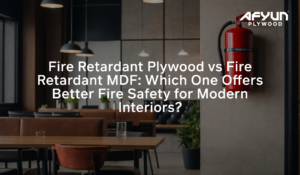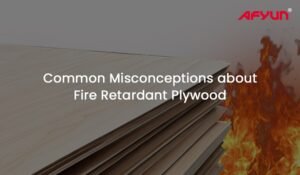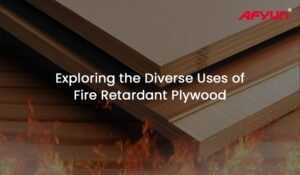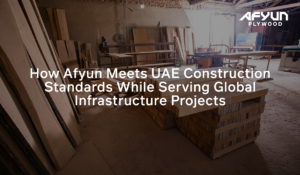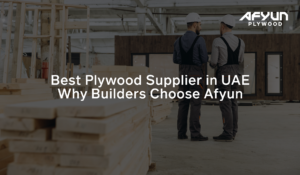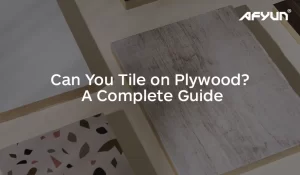When it comes to choosing the right plywood for your construction or renovation projects, it’s important to understand the key differences between various types.
If you have ever researched plywood, you might have come across Marine Plywood, haven’t you?
So, what is it, and how they are different from ordinary plywood?
In this article, we will explore the dissimilarities between marine plywood and ordinary plywood, helping you make an informed decision based on your specific needs.
Comparison: Marine Plywood vs. Ordinary Plywood
To highlight the disparities between marine plywood and ordinary plywood, let’s delve into a comprehensive comparison:
| Features | Marine Plywood | Ordinary Plywood |
| Construction | Made with waterproof adhesive and high-quality veneers | Composed of multiple layers of wood veneers |
| Water Resistance | Highly resistant to moisture and water damage. This answers the questions such as ‘Is Marine Plywood Waterproof?’, ‘Can Marine Plywood Get Wet?’, etc. This is why Marine plywood is sometimes referred to as Waterproof Plywood. | Susceptible to warping and delamination when exposed to moisture for extended periods |
| Exterior Applications | Ideal for outdoor projects, including boat building and marine projects | Suitable for interior use and non-structural applications |
| Quality and Durability | High-quality, durable, and long-lasting. However, it might slightly vary according to the grades of Marine plywood. | Varies in quality, with lower grades offering less durability |
| Cost | Relatively expensive compared to ordinary plywood | Generally more affordable |
| Plywood Grading System | Meets higher standards (e.g., Marine grade) | Follows standard grading system |
| Strength | Offers superior strength and resistance | May not provide the same level of strength |
| Formaldehyde Emission | Some types may have low or no formaldehyde emission | May emit formaldehyde in certain types |
| Longevity | Can withstand harsh weather conditions | May deteriorate over time in unfavorable environments |
Conclusion
In conclusion, Marine plywood, with its waterproof adhesive and high-quality veneers, excels in water resistance and durability, making it ideal for outdoor applications such as boat building. You could check out our blog to learn more advantages of Marine Plywood. Wondering how to identify Marine Plywood? You can find labels on the products that denote it’s Marine Plywood.
On the other hand, ordinary plywood is more commonly used for interior projects and non-structural purposes due to its affordability and availability.
By considering the specific requirements of your project and weighing the strengths and weaknesses of each type, you can make an informed decision that ensures optimal performance and longevity.
Remember, when choosing plywood, always consult with industry professionals or suppliers to ensure you select the most suitable option based on your project’s needs. Feel free to contact us at Afyun for assistance.
Want to check other comparisons of Marine Plywood? Find them below:

